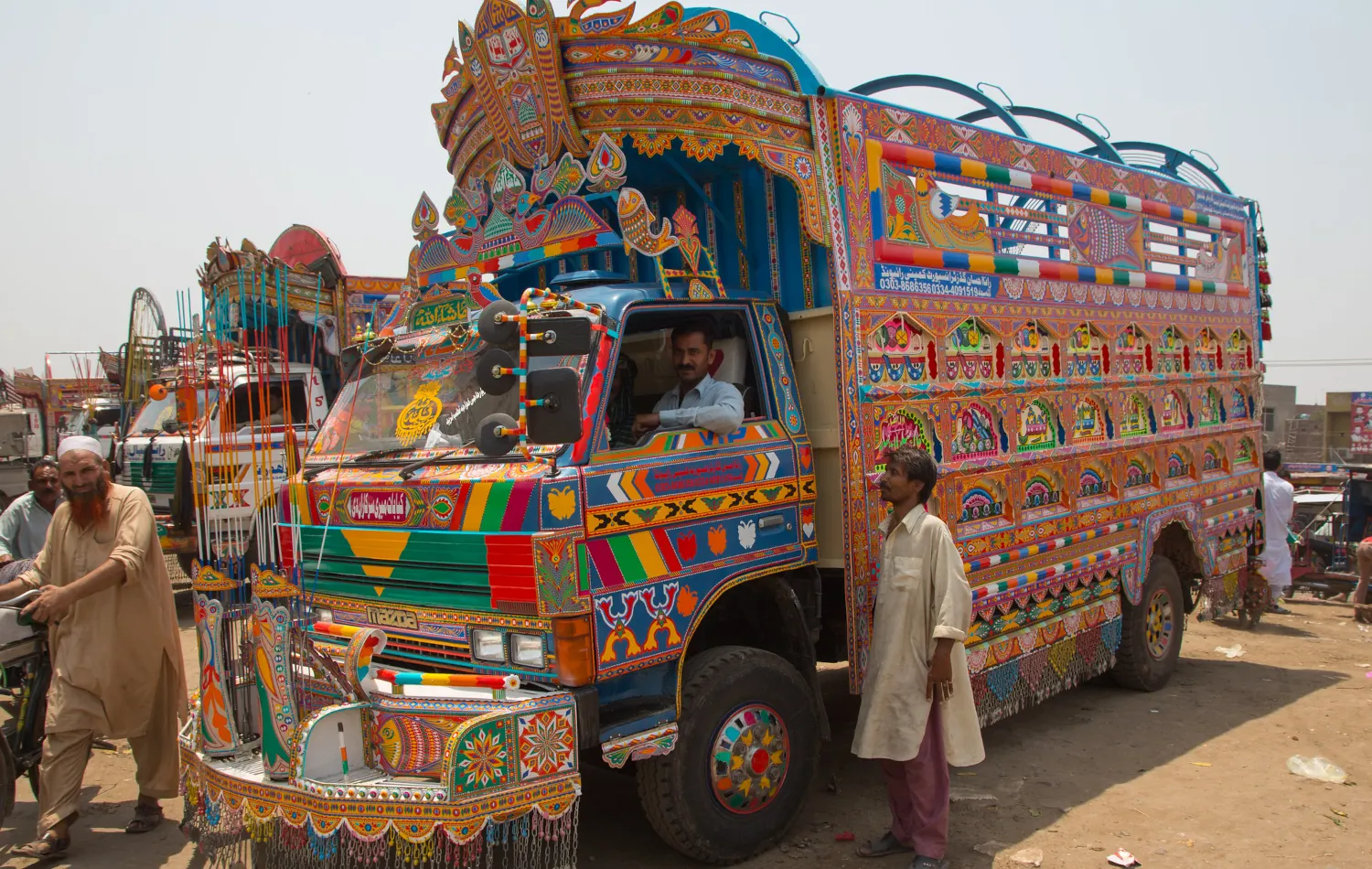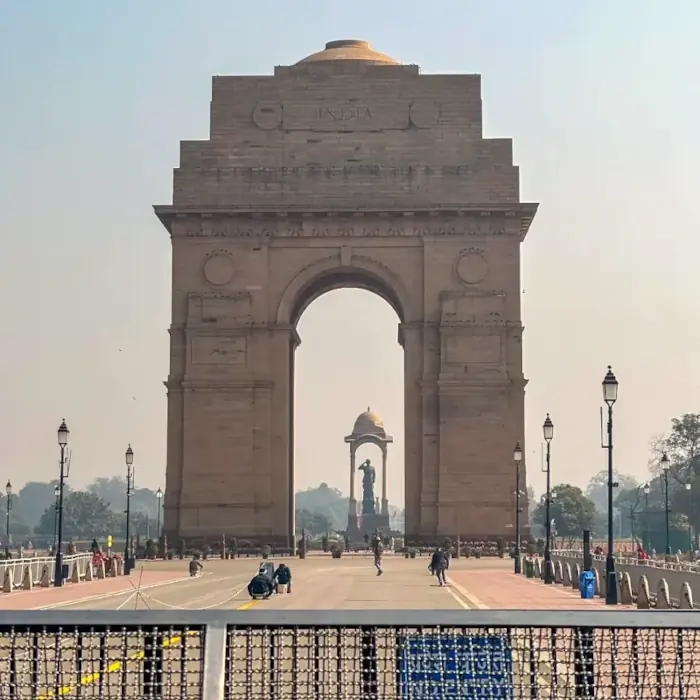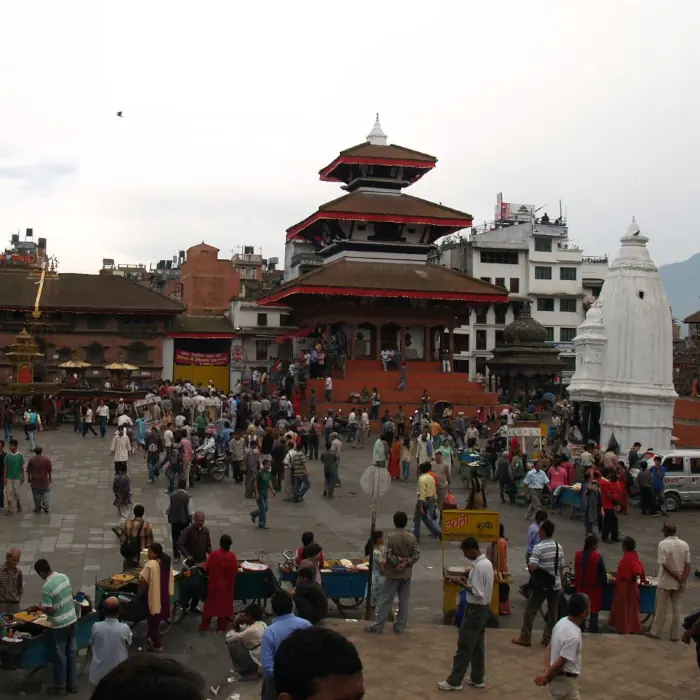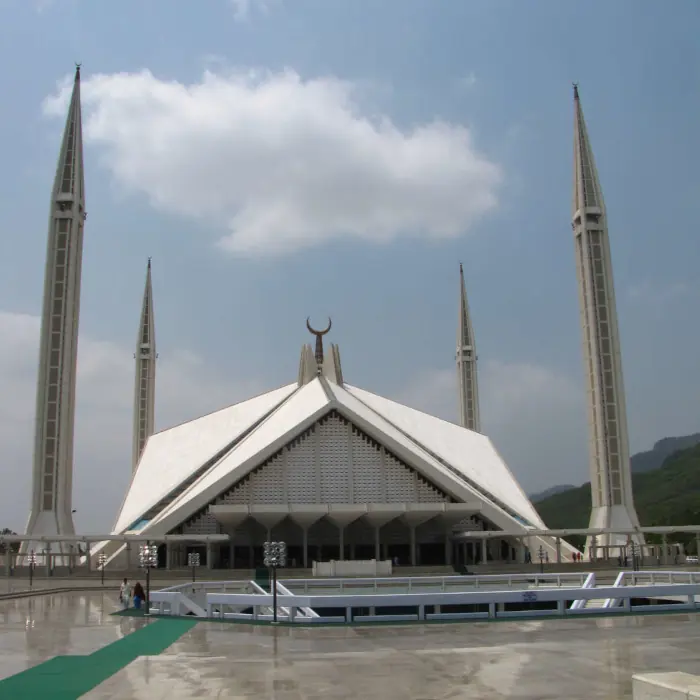Heritage and Cultural Tours of Pakistan offer a rich and diverse experience, immersing visitors in the country’s fascinating history, ancient civilizations, and vibrant cultural traditions. Here’s a summary of what such tours typically encompass:
1. Historical Sites and Ancient Civilizations
- Mohenjo-Daro (Sindh): A UNESCO World Heritage Site, this is one of the key cities of the Indus Valley Civilization, dating back to around 2600 BCE. Visitors can explore well-planned city structures, ancient drainage systems, and remarkable artifacts.
- Taxila (Punjab): Another UNESCO site, Taxila was an ancient center of learning and a key location for Buddhism. The site features ruins of Buddhist monasteries, stupas, and sculptures that date back to 600 BCE.
- Fort Rohtas (Punjab): A UNESCO World Heritage Site, this 16th-century fort is an architectural masterpiece built by the Mughal Emperor Sher Shah Suri, showcasing Islamic military architecture.
2. Islamic Heritage and Mughal Architecture
- Lahore: Known as the cultural capital, Lahore boasts stunning Mughal-era structures such as the Badshahi Mosque, Lahore Fort, and Shalimar Gardens. The Data Darbar and Masjid Wazir Khan also highlight Islamic heritage and architecture.
- Islamabad: The Faisal Mosque, the largest in South Asia, reflects modern Islamic architecture. Nearby, the Lok Virsa Museum and the Pakistan Monument offer insights into the country’s rich history and diverse cultures.
- Multan (Punjab): Known as the “City of Saints,” Multan features centuries-old shrines, such as those dedicated to Sufi saints, alongside historical forts and bazaars.
3. Cultural Festivals and Traditions
- Lahore’s Basant Festival: Celebrates the arrival of spring with kite flying, music, and dance. It’s a lively cultural experience that reflects Pakistan’s traditional festivities.
- Kalash Festivals (Chitral): The Kalash Valley hosts vibrant festivals such as Chilim Jusht (Spring Festival) and Uchal (Autumn Festival), which showcase the unique cultural practices, dances, and rituals of the Kalash people, a distinct ethnic group.
- Sufi Shrines: Pakistan is home to numerous Sufi shrines, with Lahore’s Data Darbar and Shrine of Lal Shahbaz Qalandar in Sehwan drawing pilgrims from across the country. Sufi music, especially qawwali, is integral to the spiritual experience.
4. Ethnic Diversity and Folk Traditions
- Balochistan: Discover the rich heritage of the Baloch people, their traditional music, dance, and handicrafts, as well as historical sites like Ziarat, the summer residence of Pakistan’s founder, Quaid-e-Azam.
- Punjab: Known for its vibrant folk traditions, including Bhangra dance and Punjabi music, travelers can experience local crafts, embroidery, and pottery in cities like Sialkot, Faisalabad, and Lahore.
- Gilgit-Baltistan: A region of stunning natural beauty and rich cultural heritage, with ethnic groups like the Hunza, Balti, and Shina people. The area is also famous for ancient Buddhist art, including the Buddha carvings at the Bamiyan Valley in Gilgit.
5. Colonial and British Heritage
- Karachi: The country’s largest city, with a blend of colonial and contemporary architecture, including the Frere Hall, Karachi’s National Museum, and the Clifton Boat Basin.
- Murree: A hill station near Islamabad, popular for colonial-era architecture and scenic landscapes, offering a glimpse into the leisure culture of the British Raj.
6. Cuisine and Culinary Traditions
- Pakistan’s food is an integral part of its cultural heritage. Tours often include tasting sessions of traditional dishes such as biryani, chapli kebabs, samosas, and halwa. Local sweets like jalebi and kulfi are also part of the culinary exploration.
- Street food tours in cities like Karachi, Lahore, and Islamabad highlight Pakistan’s vibrant food culture.
7. Crafts and Art
- Pakistan is renowned for its diverse handicrafts, including Peshawar’s carpets, multicolored shawls from Kashmir, block printing from Sindh, and pottery from the Punjab region.
- Islamic calligraphy, miniature painting, and textiles (such as Ajrak from Sindh) are also key cultural aspects explored during heritage tours.
Conclusion:
Heritage and cultural tours in Pakistan provide a deep dive into its rich and diverse history, from the ancient Indus Valley Civilization to modern Islamic influences and the various ethnic groups that shape the country. These tours offer a multifaceted view of Pakistan’s cultural richness, combining historical sites, vibrant festivals, culinary experiences, and the traditions of its people. Whether visiting ancient ruins, exploring colorful bazaars, or engaging with local music and dance, these tours offer a comprehensive cultural experience that showcases the country’s diverse heritage.






